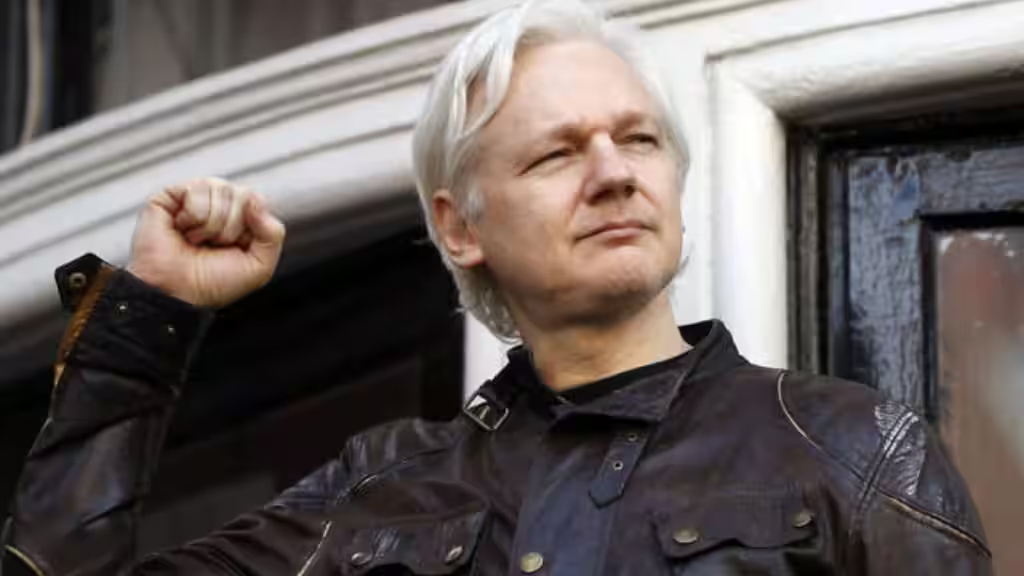USA: WikiLeaks Julian Assange Pleads Guilty in Deal with U.S. That Secures His Freedom, Ends Legal Fight

In a landmark development, Julian Assange, the controversial founder of WikiLeaks, has struck a plea deal with U.S. authorities that will secure his release and conclude his long-running legal battle. Assange, known for his pivotal role in publishing classified U.S. military and diplomatic documents, will plead guilty to a single count of conspiracy to obtain and disseminate national defense information.
This plea agreement, outlined in documents released Monday night, will bring Assange to a U.S. court in the Northern Mariana Islands, a U.S. territory in the Pacific. He is anticipated to receive a 62-month prison sentence, with credit for the five years served in the United Kingdom, potentially allowing him to return to his native Australia soon.
Assange's legal woes began in 2010 when WikiLeaks released a series of classified U.S. documents, including the "Collateral Murder" video, exposing U.S. military operations in Iraq and Afghanistan. These releases sparked global debates on transparency and national security, positioning Assange as both a hero to free speech advocates and a villain to those concerned with national security.
Detained in London’s high-security Belmarsh prison since April 2019, following his expulsion from the Ecuadorian Embassy where he had taken asylum for seven years, Assange's case has been a flashpoint for discussions on the balance between journalistic freedom and state security.
The plea deal preempts a scheduled British court appearance to appeal his extradition to the U.S., which would have contested whether Assange, as a foreign national, would be granted First Amendment protections. This agreement reflects mounting international pressure on the Biden administration to resolve the case, with significant advocacy from human rights organizations and the Australian government.
Assange's case highlights the intricate challenges in the digital age of information sharing, questioning the responsibilities of journalists and publishers in exposing governmental misconduct while protecting national security. As Assange's legal journey nears its end, the implications for press freedom and whistleblower protections remain profound, shaping the discourse on governmental accountability and transparency in the digital era.